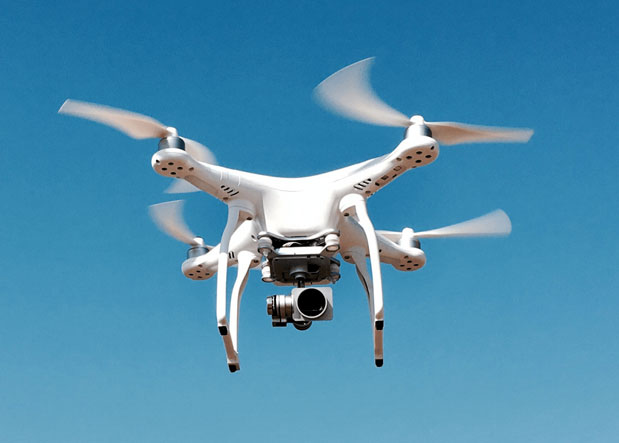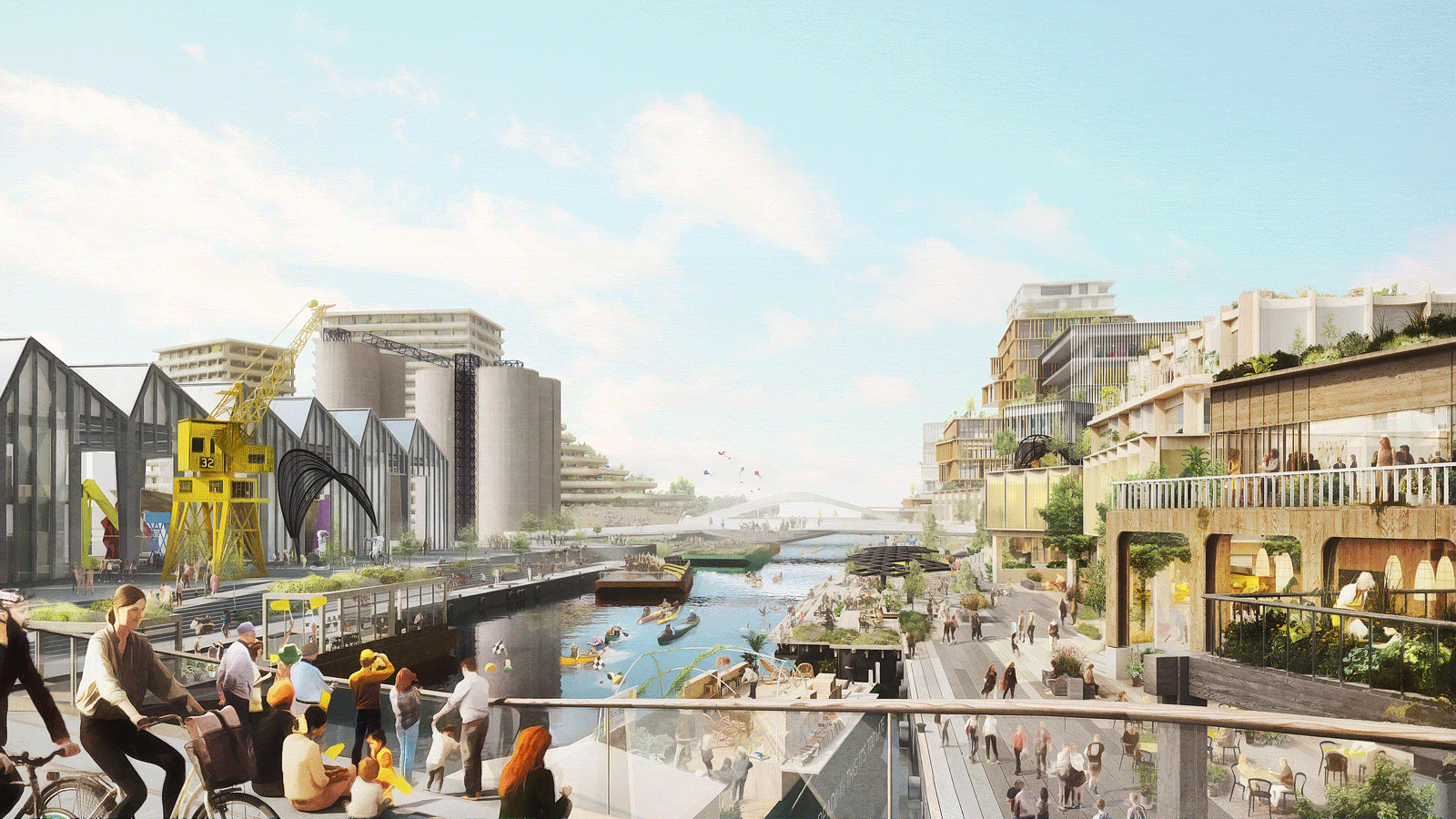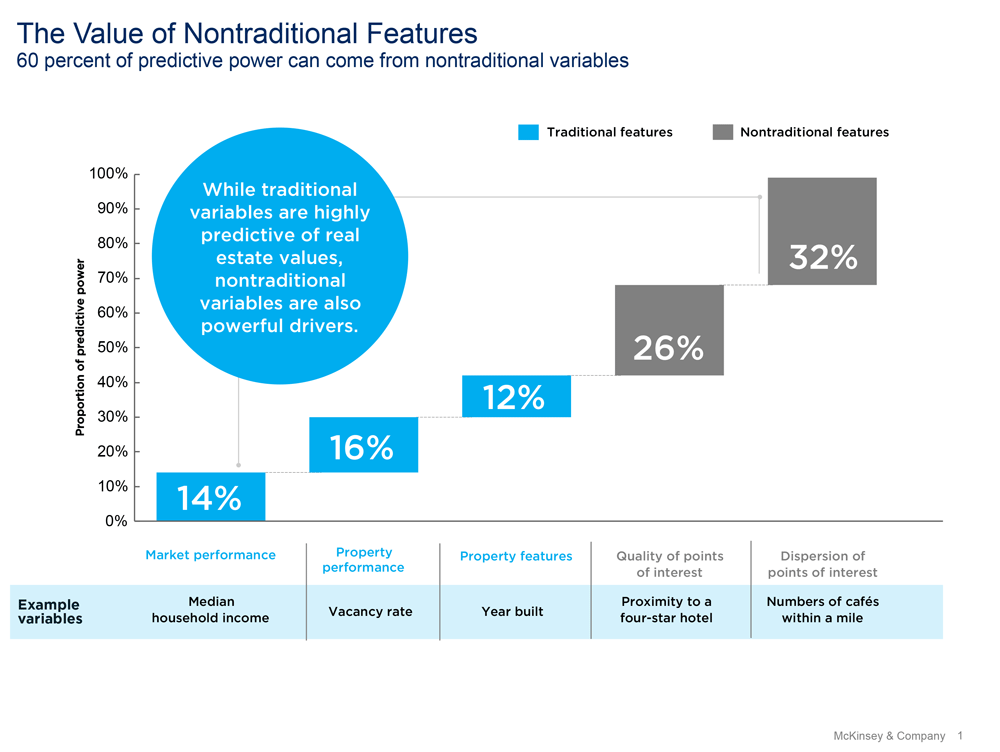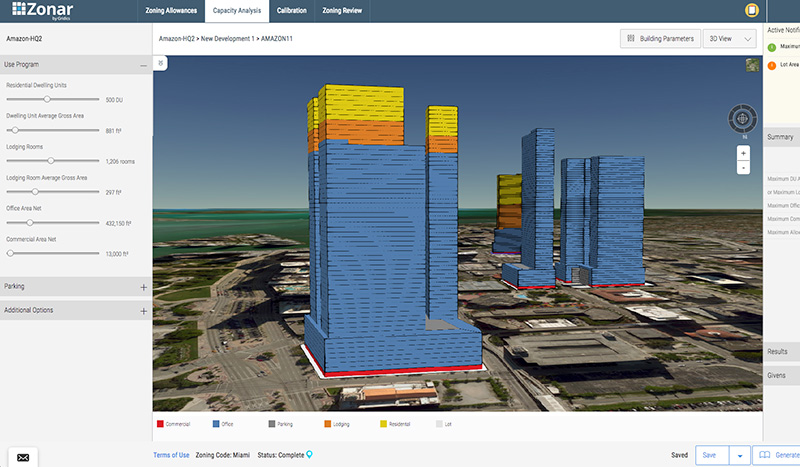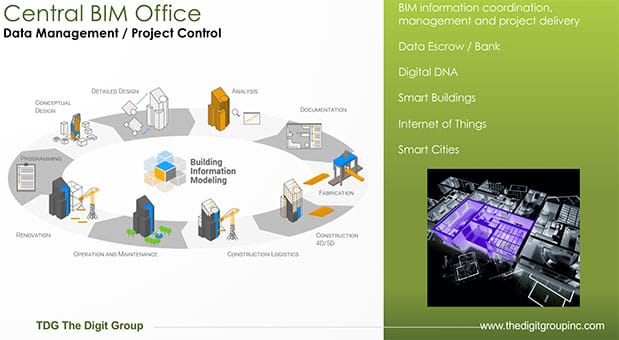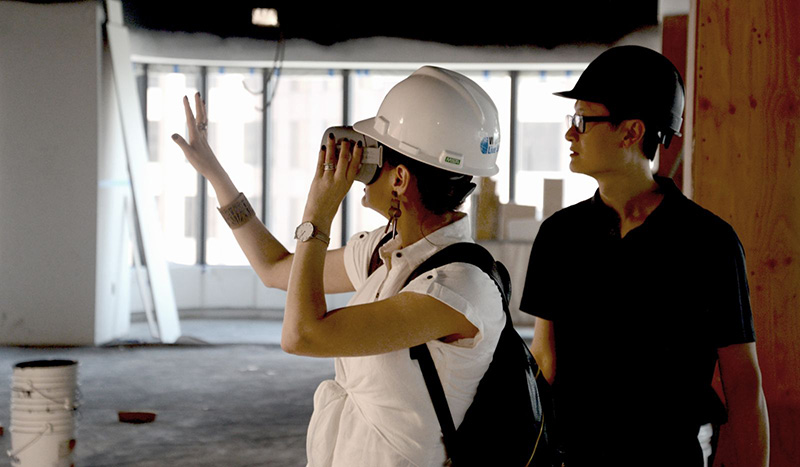- English
- 中文 (Chinese)
- Français (French)
- Deutsch (German)
- 日本語 (Japanese)
- Español (Spanish)
Technologie et environnement bâti

Article: Bien que, à certains égards, les principales méthodes de construction et de financement des bâtiments n'aient pas beaucoup changé par rapport à d'autres secteurs, le secteur immobilier doit toujours s'adapter aux changements de préférences, souvent entraînés par des changements technologiques.
Par exemple, l'adoption massive de l'automobile, il y a maintenant près d'un siècle, a changé les points de vue sur le besoin de stationnement, la durée des trajets quotidiens possibles, entraînant la création de plus grandes épiceries, centres commerciaux, parcs de bureaux de banlieue et de nombreux d'autres innovations dans l'environnement bâti.
Ce changement est également en train de s'inverser maintenant, car le potentiel des voitures sans conducteur et même l'utilisation accrue du covoiturage et du covoiturage modifient les besoins des consommateurs en matière de stationnement dédié dans les bureaux et les résidences des centres-villes. L'utilisation accrue de capteurs permettra une gestion plus intelligente du trafic, de l'eau et des déchets, à la fois au niveau du bâtiment mais potentiellement au niveau de la ville ou même plus macro.
Climatisation, ascenseurs, construction en acier pour les immeubles de grande hauteur, toutes ces nouvelles technologies ont un impact sur le monde qui nous entoure et sur ce qui est possible en termes d'utilisation la plus élevée et la meilleure d'un terrain en particulier. Les nouvelles technologies telles que la réalité virtuelle et augmentée contribuent déjà à changer le processus de conception, d'autres technologies étant toujours à l'horizon, notamment l'impression 3D, la blockchain, la construction modulaire, pour n'en nommer que quelques-unes.
ULI a deux conseils produits axés sur la technologie et l'immobilier dans les Amériques et un autre avec membres de l'ULI Europe. Trouvez plus de contenu sur la technologie nouvelle et perturbatrice page de sujet sur Knowledge Finder.
Voici quelques récents Terrain urbain fonctionnalités explorant ce sujet :




